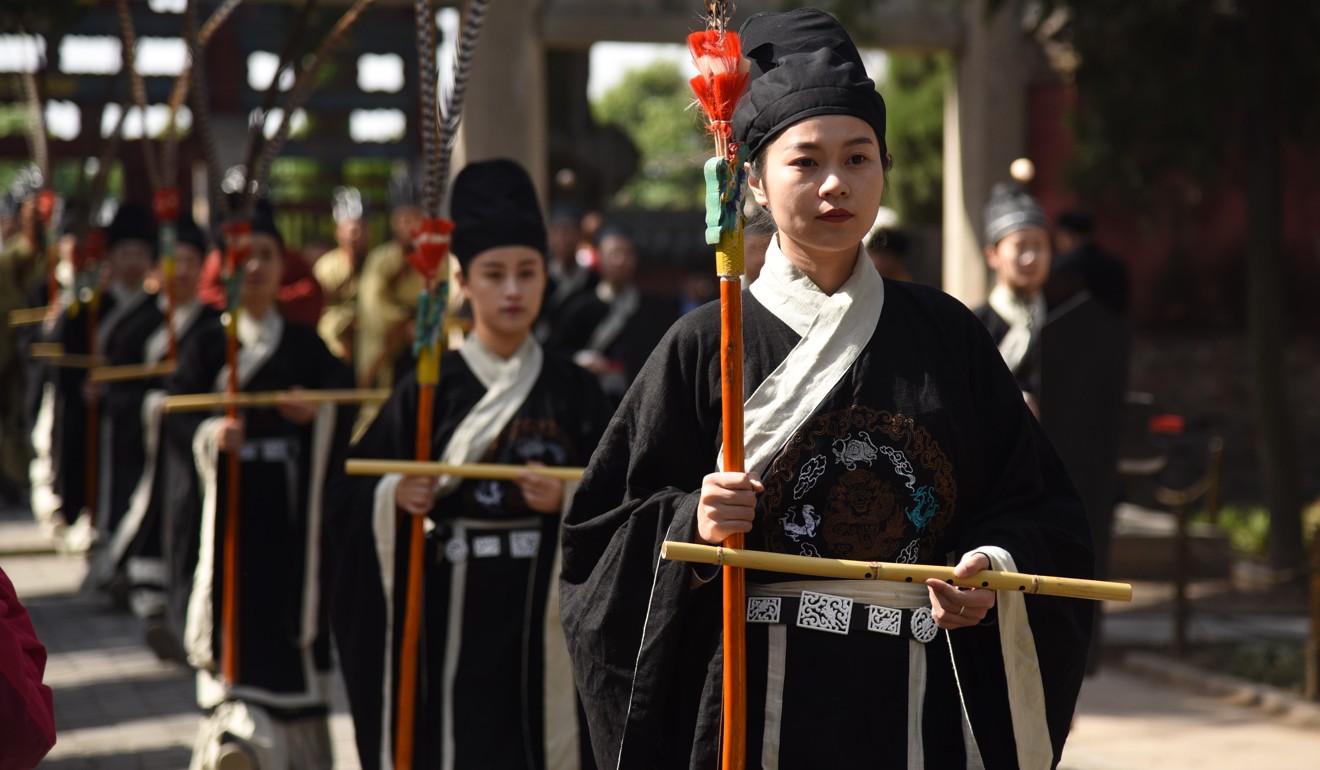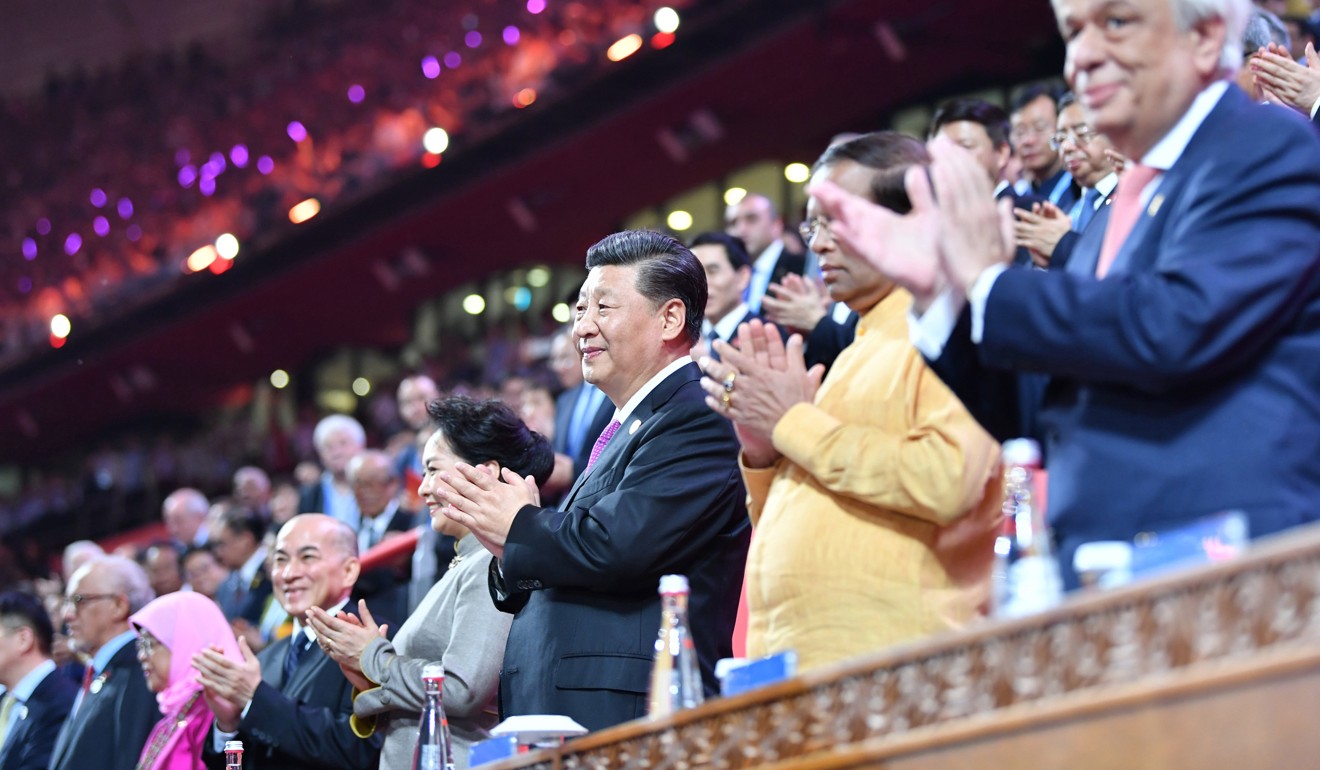
America’s quarrel is not with Chinese civilisation, but the Chinese Communist Party
- Xi Jinping may have provided more ammunition for Washington by hosting a conference on Asian civilisations. But US policymakers are off the mark – they are confusing a threat from the Communist Party with a threat from Chinese culture
There are many who feel a clash between the American and Chinese civilisations is unacceptable and impossible, but I am less optimistic. I think Skinner’s presupposition is likely to inadvertently come true in the near future.
In a similar vein, Skinner regards the cold war with the Soviet Union as “a fight within the Western family” and China as “a really different civilisation and a different ideology” posing a more serious threat to the US. From Huntington to Skinner, it should be clear that the clash of civilisations is a common thread in the American academic world.

Put yourself in Washington’s shoes: when Xi advocates the fostering of an Asian community at a conference on Asian civilisations, could he not be implying Asian countries should reject Western civilisation? Isn’t China trying to export its civilisation to Asia, so Asia becomes China’s Asia?
To my mind, the two are difficult to separate. Realistically, the ideology of a country is an important part of its culture. A clash of civilisations at present is more likely to involve current ideology than traditional culture or a past civilisation.

If Confucian civilisation can be said to constitute a threat to Western civilisation, it can’t be the doctrine pioneered by Confucius, which developed over thousands of years into a set of cultural traditions. Such a traditional Chinese culture was defeated by the West more than 150 years ago, during the opium wars, and is of no threat to the West today. The threat to Western civilisation is contemporary Chinese culture, which today blends the values and rules of the Communist Party.
Although it cannot be denied that Confucian culture is part of the Communist Party’s DNA, it is the party’s history that played the most important part in shaping its culture. This party culture is related to traditional Chinese culture, but more of it is made up of the party’s ideology and mode of operation; today, it also has a distinctly Xi Jinping flavour.
From where Skinner is sitting, US policymakers definitely feel the threat of communist China. Yet, instead of distinguishing between Chinese Communist Party culture and Confucian civilisation, they see this as a threat from Chinese culture. The US is mistakenly equating the Chinese Communist Party with China and misunderstanding a Chinese communist threat as a Chinese threat.
Because of this confusion, the more intense the global competition between the two countries, the higher the risk of a clash in the future. The US would undoubtedly provoke a counter-attack from the Chinese Communist Party in the name of Chinese culture – Xi’s accusation against the US at the recent conference is a warning.
Huntington’s prophecy might just come true, and the possibility of a clash between the American and Chinese civilisations cannot be ruled out.
Deng Yuwen is an independent scholar and researcher at the China Strategic Analysis Centre Inc. This article was translated from Chinese

